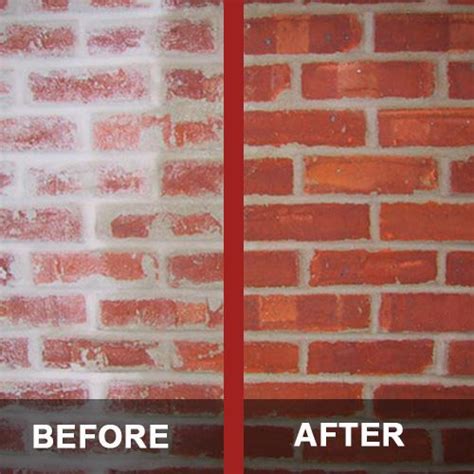The Secret to Perfect Brick Repair: The Benzyl Peroxide Kneading Method? A Critical Examination
The internet is rife with DIY tips and tricks, and sometimes, truly bizarre ones surface. Recently, the idea of using benzyl peroxide kneading for brick repair has gained some traction, prompting a critical examination of its validity and safety. While the phrase itself sounds intriguing, let's delve into the reality of brick repair and debunk this unusual method. The short answer is: don't use benzyl peroxide to repair bricks. This method is not only ineffective but potentially dangerous.
Before we explore why this method is flawed, let's establish a solid understanding of proper brick repair techniques.
What are the Common Methods for Brick Repair?
Professional brick repair involves several crucial steps, depending on the extent of the damage:
- Cleaning: Removing loose mortar, dirt, and debris is paramount. This ensures a clean surface for effective bonding.
- Mortar Matching: Selecting the correct mortar mix—matching color and consistency to the existing mortar—is crucial for a seamless repair. Improper matching will lead to an unsightly and potentially structurally unsound repair.
- Mortar Application: The new mortar must be carefully applied, ensuring complete filling of the gaps and avoiding excess material. Proper tooling techniques are essential for a smooth, professional finish.
- Curing: Allowing sufficient curing time for the mortar to properly set and harden is critical for the longevity and strength of the repair.
These methods ensure a durable and aesthetically pleasing repair that blends seamlessly with the existing brickwork.
Why Benzyl Peroxide is NOT Suitable for Brick Repair
The suggestion of using benzyl peroxide kneading for brick repair stems from a misunderstanding of the material's properties. Benzyl peroxide is primarily used as a topical acne treatment due to its antimicrobial and keratolytic properties. It has absolutely no role in binding or repairing brickwork.
- Chemical Incompatibility: Benzyl peroxide's chemical composition doesn't interact with the components of brick or mortar in any way that would contribute to a strong and lasting bond.
- Lack of Binding Properties: Unlike mortar, benzyl peroxide possesses no adhesive properties. It won't fill gaps or hold bricks together.
- Safety Concerns: Direct skin contact with benzyl peroxide can cause irritation. Using it on a construction project poses unnecessary health risks.
- Ineffective Repair: Any attempt to repair bricks using benzyl peroxide would be utterly ineffective, leaving the damaged area vulnerable and visually displeasing.
How to Properly Repair Damaged Bricks
Instead of resorting to unconventional and potentially hazardous methods, always prioritize professional and established techniques. For minor repairs, you might consider:
- Using a pre-mixed mortar: Many home improvement stores sell pre-mixed mortars specifically designed for brick repairs. This simplifies the process and ensures a consistent color match.
- Seeking professional help: For extensive damage or intricate repairs, it's best to consult a qualified bricklayer or mason. They have the expertise and tools to perform a structurally sound and aesthetically pleasing repair.
Frequently Asked Questions (Based on Search Engine Results)
Q: How do I fix a crumbling brick?
A: Crumbling bricks indicate significant damage and likely require professional intervention. A mason can assess the extent of the damage and implement the necessary repairs, which might involve replacing damaged bricks.
Q: What is the best mortar for brick repair?
A: The best mortar depends on the existing mortar type and the specific application. Consult a professional or refer to the instructions on pre-mixed mortars for guidance. Matching color and consistency is crucial.
Q: How to repair a cracked brick?
A: Minor cracks might be filled with matching mortar. However, larger cracks or significant damage necessitate professional assessment and potentially brick replacement.
Q: Can I use epoxy to repair bricks?
A: Epoxy can be used in specific instances, but it's crucial to ensure it's compatible with the brick and mortar. Improper use of epoxy can lead to further damage. Consult a professional for advice.
In conclusion, the idea of using benzyl peroxide for brick repair is unfounded and potentially dangerous. Always prioritize established and proven methods for brick repair, seeking professional help when necessary. Remember, a well-executed repair is both aesthetically pleasing and structurally sound, ensuring the longevity and integrity of your brickwork.

